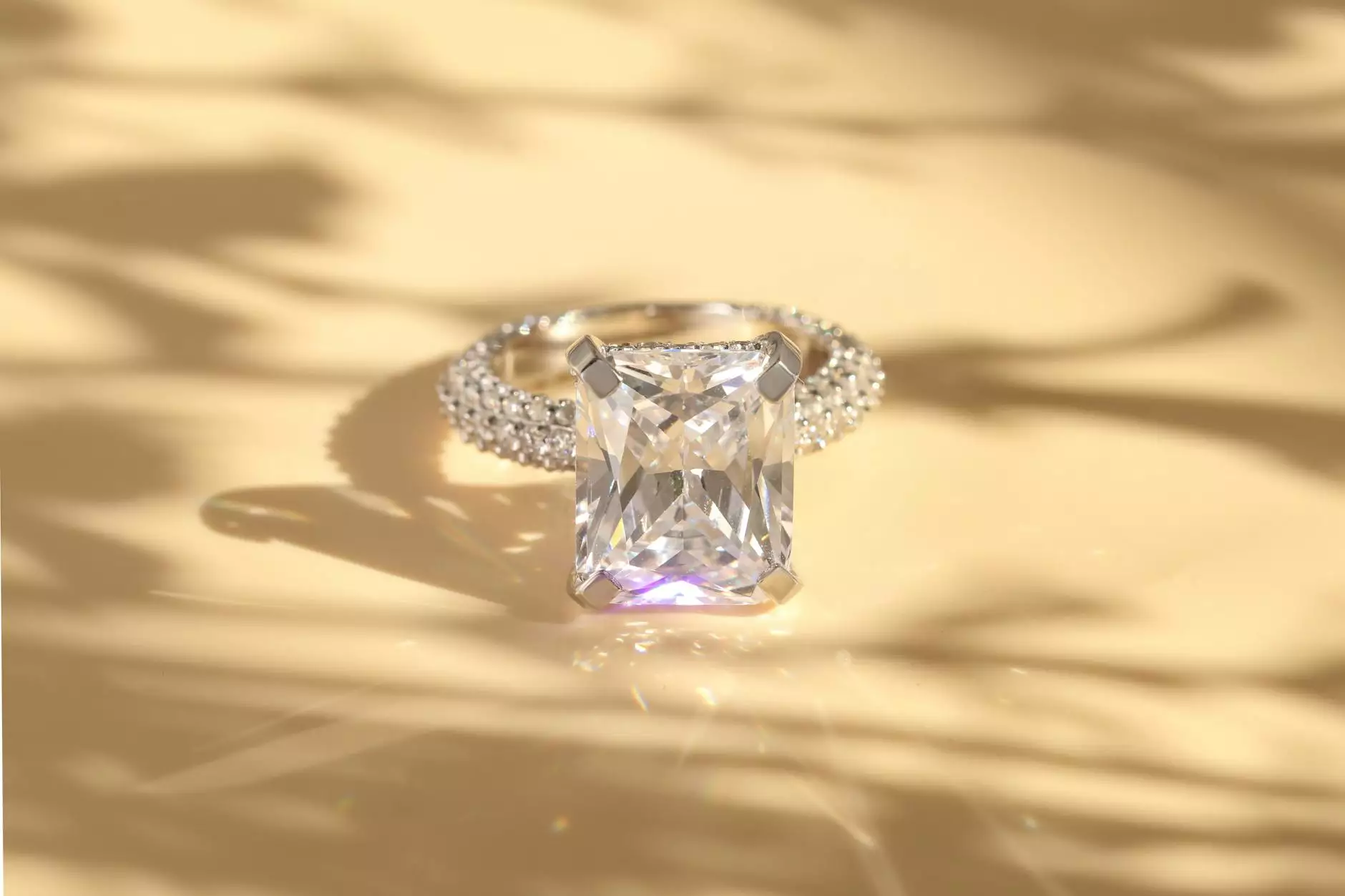Everything You Need to Know About Zirconia Crown Teeth

Zirconia crown teeth have emerged as a revolutionary option in the realm of restorative dentistry. These innovative dental crowns are designed to enhance both the aesthetics and functionality of your smile. In this comprehensive guide, we will explore zirconia crowns in depth, covering their benefits, applications, and reasons why they are preferred by many dentists worldwide. Join us as we dive into the wonderful world of zirconia crowns!
What are Zirconia Crowns?
Zirconia crowns are dental restorations made from zirconium dioxide, a durable and biocompatible material. They are primarily used to restore teeth that are severely damaged, decayed, or discolored. Unlike traditional crowns made from metal or porcelain, zirconia crowns offer a unique combination of strength and aesthetics, making them an excellent choice for both front and back teeth.
The Strength and Durability of Zirconia Crowns
One of the standout features of zirconia crowns is their remarkable strength. Here are some key points that underscore their durability:
- High Compressive Strength: Zirconia crowns have immense compressive strength, making them resistant to fractures and chips.
- Wear Resistance: These crowns do not wear down opposing teeth as quickly as other materials, helping maintain overall dental health.
- Longevity: With proper oral care, zirconia crowns can last many years, often exceeding the lifespan of traditional crowns.
Aesthetics: A Key Advantage of Zirconia Crown Teeth
In addition to their strength, zirconia crowns are known for their natural appearance. They blend seamlessly with existing teeth and are ideal for patients seeking an aesthetically pleasing solution. Key aesthetic benefits include:
- Translucency: Zirconia crowns mimic the light-transmitting properties of natural teeth.
- Color Matching: They can be custom-colored to match the natural shade of your teeth, ensuring a harmonious smile.
- Stain Resistance: Zirconia crowns are less susceptible to staining compared to other crown materials, maintaining their beauty over time.
How are Zirconia Crowns Made?
The process of creating zirconia crown teeth is meticulous and requires advanced technology. Here’s a step-by-step overview:
- Consultation: Your dentist will assess your dental condition and recommend zirconia crowns if suitable.
- Tooth Preparation: The affected tooth is prepared by removing decay and shaping it for the crown.
- Molding and Impressions: Digital impressions of your teeth are captured for precision fit.
- Fabrication: Using CAD/CAM technology, the crown is created from high-quality zirconia material.
- Placement: Once fabricated, the crown is placed on your tooth using dental cement.
The Benefits of Choosing Zirconia Crowns
Choosing zirconia crown teeth comes with numerous benefits. Here are some of the top reasons patients opt for this solution:
- Biocompatibility: Zirconia is highly biocompatible, meaning it is safe for the human body and unlikely to cause allergic reactions.
- Reduced Sensitivity: Patients often experience less thermal sensitivity compared to metal crowns.
- Minimal Tooth Reduction: Zirconia crowns often require less removal of the natural tooth structure compared to traditional options.
- Versatile Application: Suitable for both anterior and posterior restorations, making them a versatile choice for many cases.
Comparison with Other Crown Materials
When considering dental restorations, it's important to compare zirconia crowns with other materials. Here’s how they stack up against some common alternatives:
1. Metal Crowns
Metal crowns are known for their strength but lack aesthetic appeal. They are often used in the back of the mouth where they are not visible. In contrast, zirconia crowns provide both strength and a natural look, making them a preferable option for visible areas.
2. Porcelain-Fused-to-Metal Crowns
While these crowns offer a balance of durability and aesthetics, they can sometimes reveal a dark line at the gum line over time. Zirconia crowns eliminate this issue with their solid color and seamless integration with natural teeth.
3. Lithium Disilicate Crowns
These crowns are highly aesthetic and used primarily for front teeth. However, they may not provide the same level of strength as zirconia crowns, especially in molar areas subject to significant chewing forces.
Who is a Candidate for Zirconia Crowns?
Many patients can benefit from zirconia crown teeth. Suitable candidates include:
- Individuals with heavily damaged or decayed teeth.
- Patients requiring a restoration that blends with their natural smile.
- People with allergies to metal dental materials.
- Those seeking a long-lasting and durable dental solution.
Aftercare for Zirconia Crowns
After receiving your zirconia crowns, proper care is crucial to ensure their longevity. Here are some tips:
- Maintain Oral Hygiene: Brush and floss your teeth regularly, including around the crown.
- Avoid Hard Foods: Refrain from chewing ice or hard candies to prevent damage.
- Regular Dental Check-Ups: Schedule routine visits to your dentist for maintenance and evaluation.
Conclusion: The Future of Dental Restoration
Zirconia crown teeth represent a significant advancement in restorative dentistry, combining strength, durability, and aesthetics. If you're considering a crown for your dental restoration, zirconia crowns may be the perfect option for you. Consult with a qualified dentist at Turkey Dental Clinic to discuss your needs and discover how zirconia crowns can enhance your smile.
Call to Action
Don’t wait any longer to transform your dental health! Contact Turkey Dental Clinic today to schedule a consultation. Our experienced team of dentists and cosmetic dentists are here to help you find the best dental solutions tailored to your needs.









